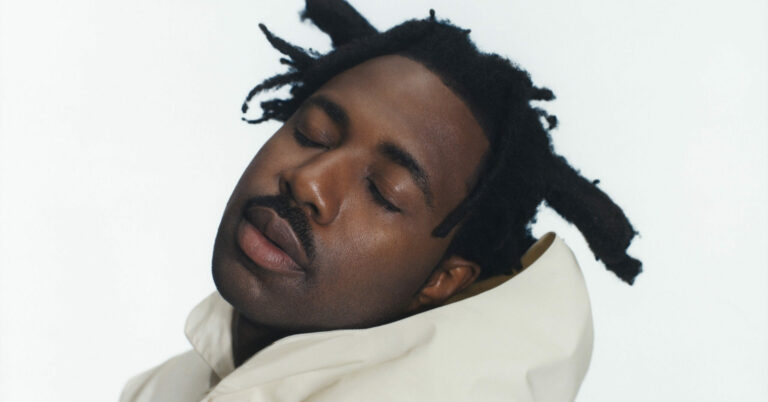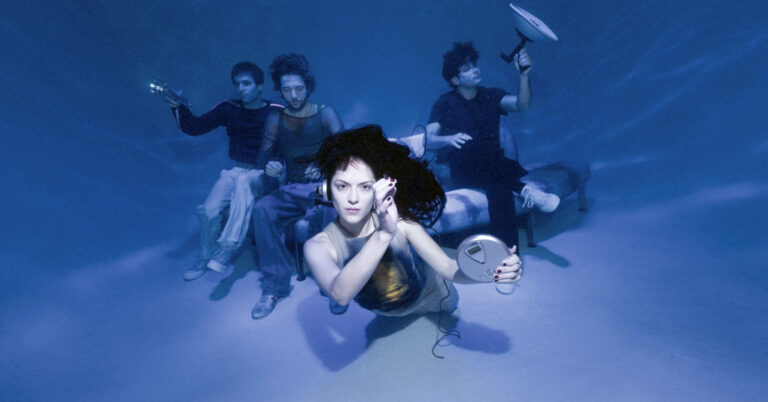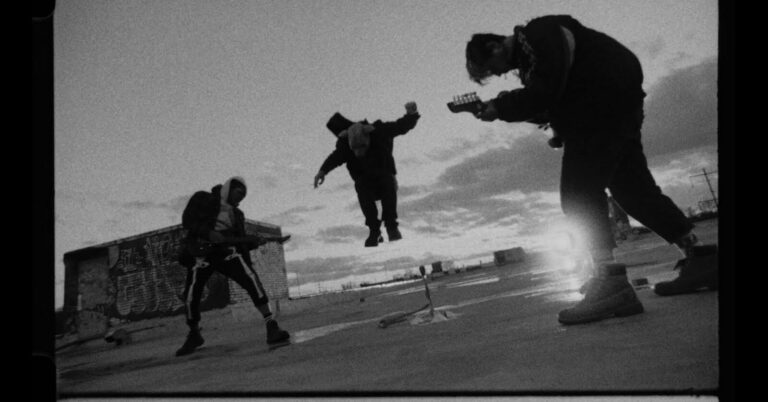Kim Gordon didn’t invent SoundCloud rap, but she sounds like she just sort of stumbled onto a whole new sound. The Collective, the former Sonic Youth bassist’s second solo record, carries the fearlessly innovative spirit that has marked her nearly 50-year career, and though she knew early on she wanted it to be beat-driven, how much of it would sound like this particular strain of hip-hop if her collaborator wasn’t Justin Raisen, who’s worked with everyone from Sky Ferreira to Lil Yachty, Yves Tumor to Teezo Touchdown? ‘BYE BYE’, the perfect lead single and opening track, finds her rattling off a shopping list over a trap beat Raisen thought was “a little too wild” for Playboi Carti. Featuring additional production from Anthony Paul Lopez, The Collective is their second full-length collaboration following 2019’s No Home Record, which was dark and fractured in its own way, but not quite as thrilling, cacophonous, or, yes, wild as its follow-up. Gordon doesn’t sound like she’s absorbed a bunch of contemporary influences, or even dutifully acclimated herself in them, just daring to reel off them, hanging on to noise as the obvious thread to her legacy. Line to line, her spoken word sounds gleeful, enigmatic, disoriented, reckless, and utterly unfazed.
It’s this dissonance – generational as well as aesthetic – that renders these tracks more fascinating than, say, the Drake track that Raisen contributed to. More often than not, Gordon knows exactly how to deal with it. She lets the sounds and throb and squeal and bleed off the edges, pushing the red, as her delivery splits the difference between rageful and listless. If No Home Record presented a melting pot of musical ideas, The Collective takes more pleasure in distorting them; it never feels more than a breath away from total collapse, but there’s enough variation to avoid listener fatigue. Mature as Gordon’s intuition might be, some of the choices feel radically counterintuitive, like the AutoTune that punctuates her spectral singing on ‘Psychedelic Orgasm’, steering it toward hyperpop territory. Other tracks simply revel in the juxtaposition of blown-out beats and more familiar, to Gordon, waves of industrial noise, perhaps most intensely exacting on highlight ‘It’s Dark Inside’, especially as the fragmented rhythm lines up with the orbit of Gordon’s lyrics: breath, grind. There’s a logic to the sequencing. too, making up for some of the chaos while also accentuating it: ‘Shelf Warmer’ leaves more space for Gordon’s vocals, but they grow hollow and estranged, while ‘The Believers’ is frantic and muscular, a culmination of the record’s ideas that also renders them indecipherable.
There’s no lyric sheet for the album, which only makes matters worse. What’s so difficult and uncompromising about The Collective isn’t its brazen sonics but its cool air of disaffection: human interaction reduced to meaningless interaction, overwhelming emotion diffused by its constant ubiquity, confusion melting into apathy. It’s an album consumed by the brutality of the banal, feeding on the dopamine of scrolling on TikTok rather than the traditional appeal of diarism; she even mentions the platform on ‘Psychedelic Orgasm’. But there are mantras and phrases to latch onto, and especially on the singles, Gordon’s messaging is potent, not least because she revisits themes that have always pervaded her art. “So what if I like the big truck?” she intones on ‘I’m a Man’, posturing masculinity more than explicitly satirizing it. “Giddy up, giddy up/ Don’t call me toxic/ Just cause I like your butt!” The tone is clear, but even when it’s not, the lyrics are quotable and pithy, piquing your interest instead of drifting off.
It works because Gordon finds rapture in the abyss, or at least sounds curious about it. The final refrain of the album is “Cement the brand,” which is ironic in part because Gordon’s style is so amorphous; you can call her an arbiter of cool, but that coolness is so hard to nail down, replicate, or corporatize. She shows no interest in the homogeneity of a sound or genre, just pulling the bits and pieces that allow her to convey the “absolute craziness” she sees around her; and for all its inscrutability, that craziness is immediately communicated. Gordon’s experimentation could have felt vapid and demeaning in the context of appropriation, but that’s another meaning behind The Collective: it’s too far removed from the self to call what she’s doing self-indulgent. It’s alluring and relatable, mundane and apocalyptic, infuriating even. But for whatever reason, you can’t help but keep your ears glued to it, if only to be part of a greater whole.
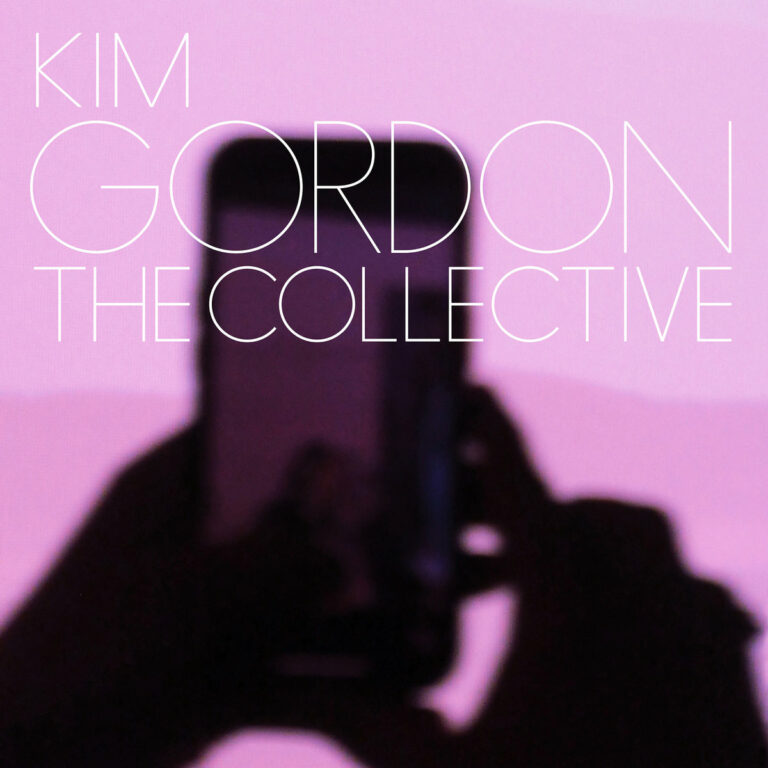

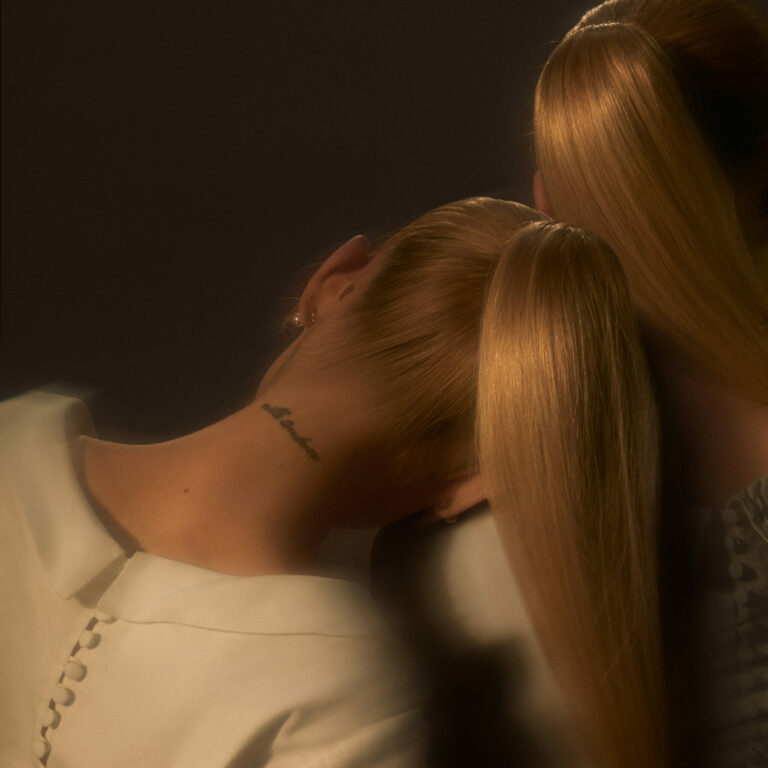
 Ariana Grande’s new album,
Ariana Grande’s new album,  Kim Gordon has issued her second solo album,
Kim Gordon has issued her second solo album,  Jack Antonoff’s
Jack Antonoff’s  Moor Mother
Moor Mother Torrey – the Bay area group formed by siblings Siblings Ryann and Kelly Gonsalves – have released their self-titled sophomore LP, which is also their first
Torrey – the Bay area group formed by siblings Siblings Ryann and Kelly Gonsalves – have released their self-titled sophomore LP, which is also their first  Bolis Pupul
Bolis Pupul No
No Woodson Black has unveiled Blue Angeles, his sophomore album under the moniker Haux. The follow-up to 2020’s Violence in a Quiet Mind was made with producers Thomas Bartlett, Maxwell Byrne, and Aug E. Rose and recorded in Los Angeles, New York City, and the Berkshires. It finds Black addressing the question, “What happens when we stop running away?” He added, “I needed to grow up to write this record and that isn’t something that just happens overnight. It’s taken me the better part of three years and I needed all of it to be where I am today.”
Woodson Black has unveiled Blue Angeles, his sophomore album under the moniker Haux. The follow-up to 2020’s Violence in a Quiet Mind was made with producers Thomas Bartlett, Maxwell Byrne, and Aug E. Rose and recorded in Los Angeles, New York City, and the Berkshires. It finds Black addressing the question, “What happens when we stop running away?” He added, “I needed to grow up to write this record and that isn’t something that just happens overnight. It’s taken me the better part of three years and I needed all of it to be where I am today.”



